From Post-Soviet state to Formidable Global Player
Russia’s journey from the dissolution of the Soviet Union to its current role as a global power reflects a complex blend of ambition, internal dynamics, and external pressures. This article examines the multifaceted role Russia has carved on the world stage, the challenges and opportunities it faces, and how it has navigated socio-economic, political, and cultural obstacles since the fall of the Berlin Wall.
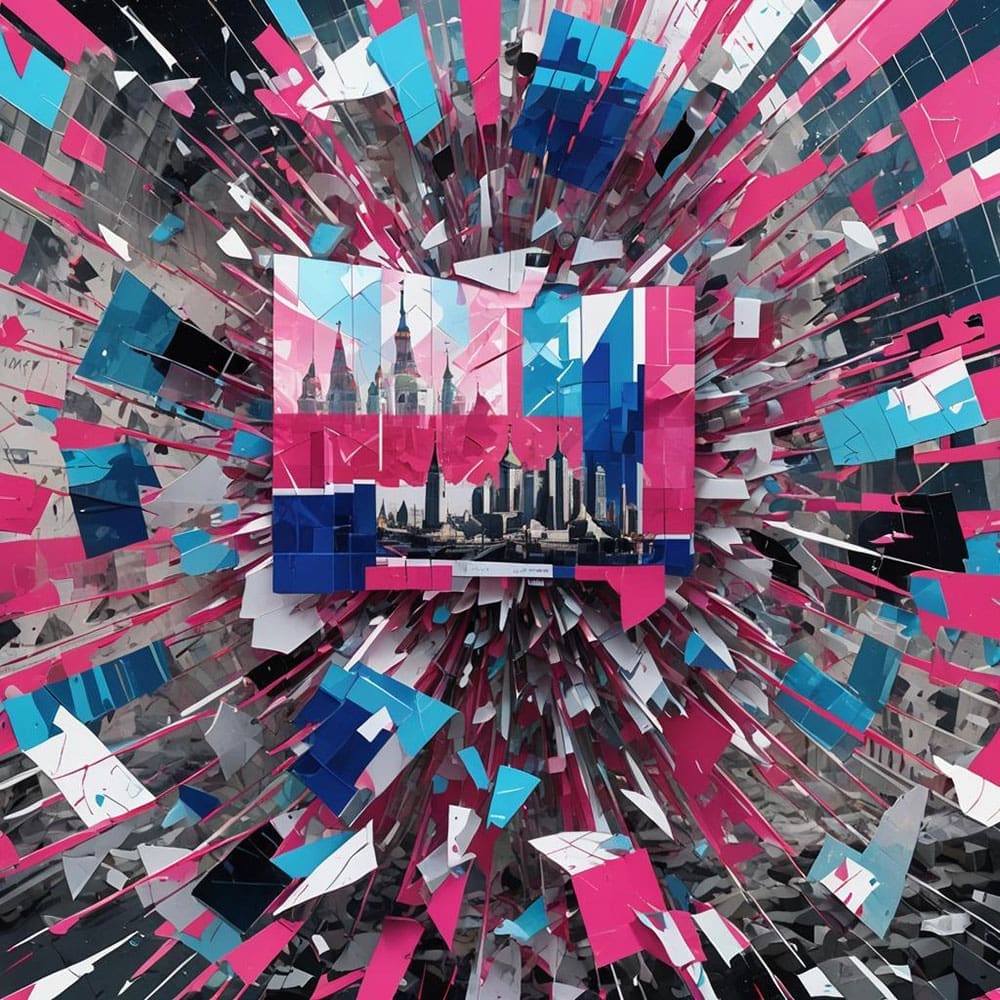
“What we achieved in the short time of perestroika was to transform people’s thinking and open them to new possibilities.”
Mikhail Gorbachev
All of our content is free to access. An independent magazine nonetheless requires investment, so if you take value from this article or any others, please consider sharing, subscribing to our mailing list or donating if you can. Your support is always gratefully received and will never be forgotten. To buy us a metaphorical coffee or two, please click this link.
Table of Contents
*All Book Images Open a New tab to our Bookshop
**If you buy books linked to our site, we get 10% commission from Bookshop.org, whose fees support independent bookshops.
The Fall of the Berlin Wall and the Collapse of the Soviet Union
The fall of the Berlin Wall in 1989 marked the symbolic end of the Cold War and signalled a new era in East-West relations. The collapse of the Soviet Union in 1991 led to a seismic shift in global power structures, leaving Russia as the primary successor state of the USSR and its nuclear arsenal. This period forced Russia into a dramatic political, economic, and ideological transition. Once a major superpower, Russia found itself struggling to redefine its role as it embraced capitalism and sought integration with the Western world.
The 1990s were a turbulent decade, with Russia grappling with economic collapse, corruption, and a significant loss of influence. Under President Boris Yeltsin, Russia implemented rapid market reforms, but these came at a steep cost. Hyperinflation, unemployment, and a drop in living standards left many Russians disillusioned. Despite efforts to align with the West, such as joining international institutions like the International Monetary Fund (IMF) and the World Bank, Russia remained largely marginalized in global politics.

The Rise of Vladimir Putin and Russia’s Geopolitical Resurgence
Vladimir Putin’s ascent to power in 2000 marked a turning point for Russia. Prioritizing stability and centralization, Putin aimed to restore Russia’s status as a global power, both economically and militarily. Under Putin, Russia took steps to consolidate its resources, particularly in energy. The country leveraged its vast natural gas and oil reserves, making energy policy a cornerstone of its foreign policy. This strategy allowed Russia to exert influence over Europe, which depended heavily on Russian energy supplies.
Putin’s tenure also saw Russia becoming more assertive on the global stage. Following the US invasion of Iraq in 2003 and later, the intervention in Libya in 2011, Russia became increasingly critical of Western-led interventions. Moscow positioned itself as a counterbalance to what it perceived as American hegemony, promoting a multipolar world order where Russia could play a pivotal role.
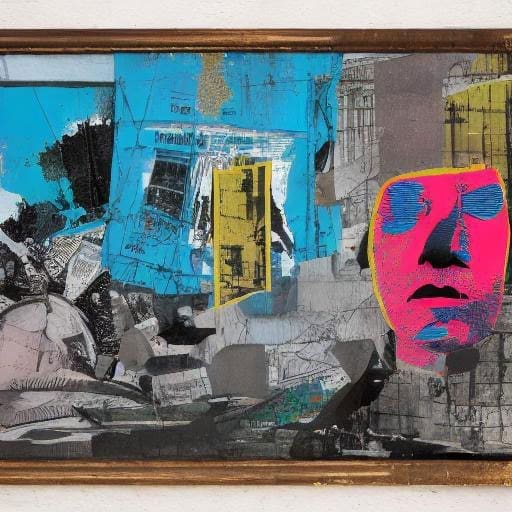
Russia’s Role in Regional Conflicts and the Rise of “Hybrid Warfare”
One of Russia’s key geopolitical strategies has been to influence post-Soviet states and maintain its sphere of influence. This has often placed Russia at odds with Western interests, particularly in Eastern Europe and Central Asia. Russia’s involvement in regional conflicts, such as the 2008 war with Georgia and the annexation of Crimea in 2014, underscores its intent to assert control over territories it deems strategically and historically significant.
The concept of “hybrid warfare” became a prominent part of Russia’s approach to conflict. This strategy involves a mix of conventional military force, cyber warfare, disinformation campaigns, and the use of proxy forces. The goal is to destabilize adversaries while avoiding direct, large-scale military engagements. Russia’s involvement in Ukraine since 2014 exemplifies this approach. By supporting separatists in Eastern Ukraine, engaging in cyber-attacks, and spreading propaganda, Russia has managed to disrupt Ukraine’s pro-Western trajectory while avoiding direct conflict with NATO.
The Economic Front: Sanctions, Oil Prices, and the Search for Diversification
Russia’s economy is heavily dependent on oil and gas exports, making it vulnerable to fluctuations in global energy markets. This reliance became particularly evident in 2014 when the combined effect of Western sanctions (imposed after the annexation of Crimea) and a sharp drop in oil prices led to an economic recession in Russia. The sanctions limited Russia’s access to Western capital and technology, which hindered its economic growth and investment.
In response, Russia has sought to diversify its economy and reduce its dependency on Western markets. The government implemented import substitution policies to boost domestic production and aimed to strengthen ties with non-Western countries, particularly China. The economic partnership with China has grown significantly, with cooperation in areas such as energy, defence, and infrastructure development. The two countries share a strategic interest in countering Western influence, leading to closer ties that have challenged the Western-led international order.

“For us, Ukraine is not just a neighbouring country. It is an inalienable part of our own history, culture, and spiritual space.”
Vladimir Putin
Russia’s Role in International Organizations and Alliances
Despite tensions with the West, Russia has remained actively involved in international organizations, often using these platforms to promote its own agenda. As a permanent member of the United Nations Security Council, Russia wields significant influence over international peace and security matters. Moscow has often used its veto power to block resolutions that it perceives as undermining its interests or those of its allies, particularly in conflicts involving Syria and Ukraine.
Russia’s participation in the BRICS group (Brazil, Russia, India, China, South Africa) further exemplifies its efforts to establish an alternative bloc to Western-dominated institutions. BRICS has sought to promote economic cooperation and has been vocal about reforming global financial institutions like the IMF. Russia’s role within the Shanghai Cooperation Organization (SCO) has also been instrumental in expanding its influence in Central Asia and strengthening ties with China and India.
The Socio-Cultural Sphere: Russia’s Soft Power and the Promotion of “Traditional Values”
Russia has increasingly used soft power as a tool to project its influence. Russian media outlets like RT (formerly Russia Today) and Sputnik have become vehicles for disseminating Russia’s perspective globally. These platforms have been criticized for spreading disinformation, but they have also allowed Russia to shape narratives in a way that counters Western viewpoints.
Moreover, Russia has promoted itself as a defender of “traditional values” in contrast to what it views as the moral decline of the West. This has resonated with certain groups around the world who feel alienated by progressive social policies in Western countries. By positioning itself as a bastion of conservatism, Russia has found ideological allies among right-wing and nationalist movements, particularly in Europe and the United States.

Current Challenges and Opportunities on the Global Stage
Economic Pressures: The ongoing economic sanctions imposed by Western countries continue to challenge Russia’s growth prospects. While Moscow has managed to mitigate some of the impact through closer ties with China and other non-Western countries, the lack of access to Western technology and capital remains a significant obstacle. Russia’s economy also faces demographic challenges, with an aging population and a declining workforce. These factors complicate Russia’s efforts to sustain economic growth in the long term.
Geopolitical Tensions: Relations with the United States and the European Union remain strained, with ongoing disputes over Ukraine, Syria, and cyber interference. The expansion of NATO and the EU into Eastern Europe has been perceived by Russia as a threat to its security and sphere of influence, leading to a security dilemma. Moscow’s actions have reinforced perceptions of Russia as a destabilizing force, further isolating it from Western alliances.
Opportunities in Asia and the Middle East: Russia has found new avenues for influence in Asia and the Middle East. Its intervention in Syria in 2015 was a significant move that positioned Moscow as a key power broker in the region. By supporting the Assad regime, Russia has ensured a foothold in the Middle East and strengthened its relationship with Iran, a critical ally. Russia’s pivot to Asia, especially its close ties with China, offers a counterbalance to Western economic sanctions and provides new opportunities for trade, investment, and technological cooperation.
Domestic Challenges: Internally, Russia faces significant challenges, including economic inequality, corruption, and political repression. Protests and opposition movements, although frequently suppressed, reflect underlying discontent. Additionally, the lack of political plurality and the centralized power structure could hinder Russia’s adaptability in a rapidly changing world. The Kremlin’s emphasis on control over democratic institutions and the media restricts open discourse, which may limit Russia’s capacity for innovation and long-term economic reform.
Russia and the New Global Order
As the world becomes more multipolar, Russia is likely to continue playing a key role in shaping the global order. Its close partnership with China, increasing presence in Africa, and assertive policies in the Arctic reflect its ambition to be more than a regional power. Russia’s pivot toward Eurasian integration, exemplified by initiatives such as the Eurasian Economic Union (EAEU), demonstrates an effort to build alliances that could challenge Western dominance.
Yet, Russia’s future on the global stage is uncertain. Its dependence on energy exports remains a vulnerability, especially as the world shifts towards renewable energy. Additionally, Russia’s confrontational foreign policy has strained its relationships with much of the Western world, limiting its influence in key international forums.

“Mr. Gorbachev, tear down this wall!”
Ronald Reagan
The Global Socio-Economic Landscape Continues to Evolve
Since the fall of the Berlin Wall, Russia has transformed from a struggling post-Soviet state into a formidable global player. Its journey has been marked by a mixture of economic growth, military assertiveness, and ideological promotion. Russia’s strategies of leveraging energy, engaging in regional conflicts, and utilizing hybrid warfare have allowed it to maintain influence despite significant challenges. However, the global socio-economic landscape continues to evolve, presenting both obstacles and opportunities for Moscow.
In navigating today’s world, Russia must balance its ambitions with internal limitations and external pressures. Its pivot towards non-Western allies and its use of soft power are part of a broader strategy to cement its position in an increasingly multipolar world. How Russia adapts to new global realities, including shifts in energy markets, technological innovation, and demographic trends, will determine its future role on the world stage. While it remains a powerful force, the sustainability of Russia’s current trajectory is yet to be tested fully in an era marked by rapid change and increasing interdependence.


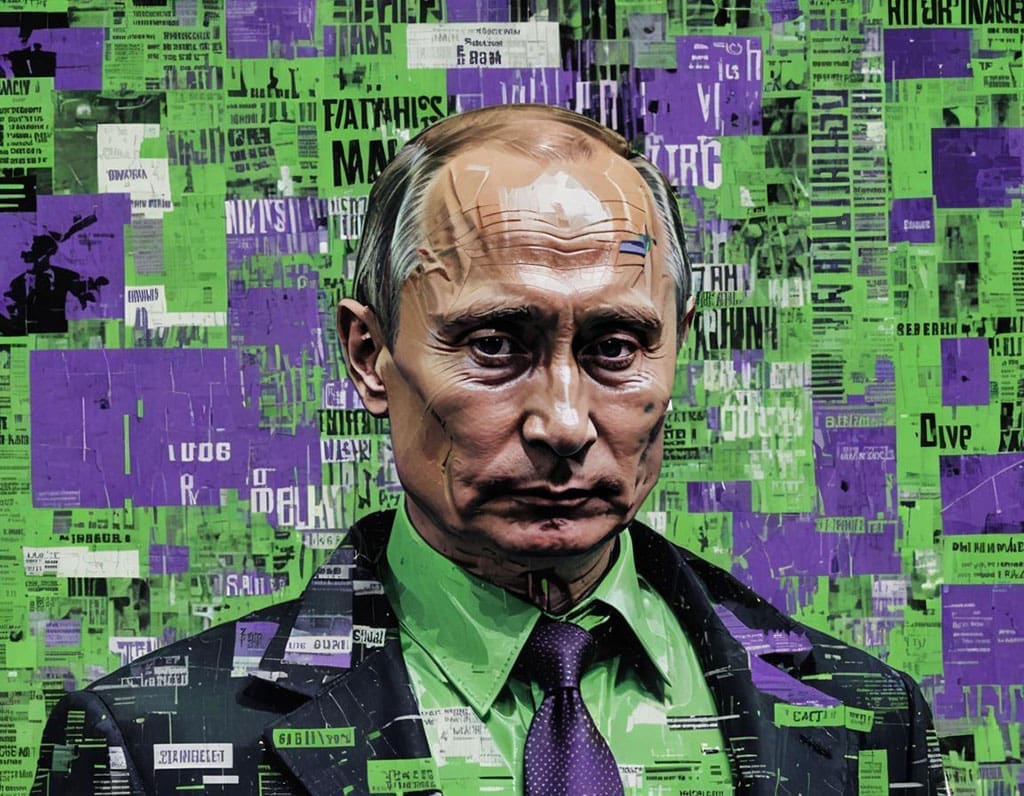
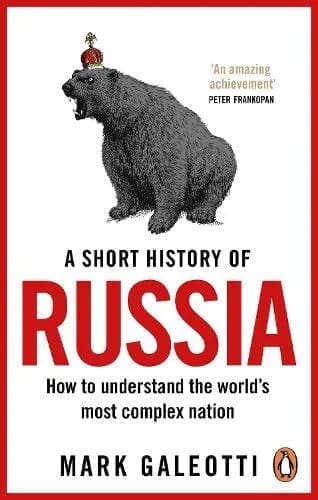
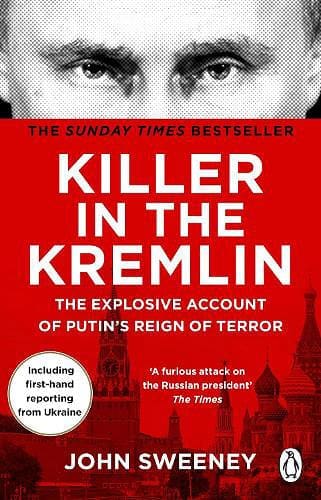
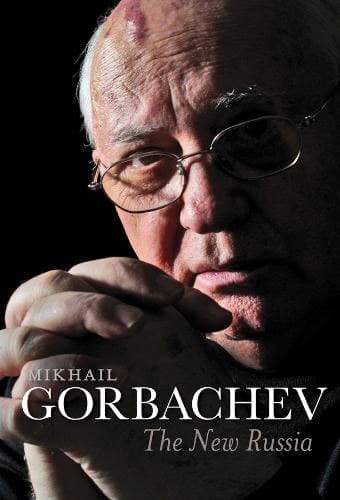
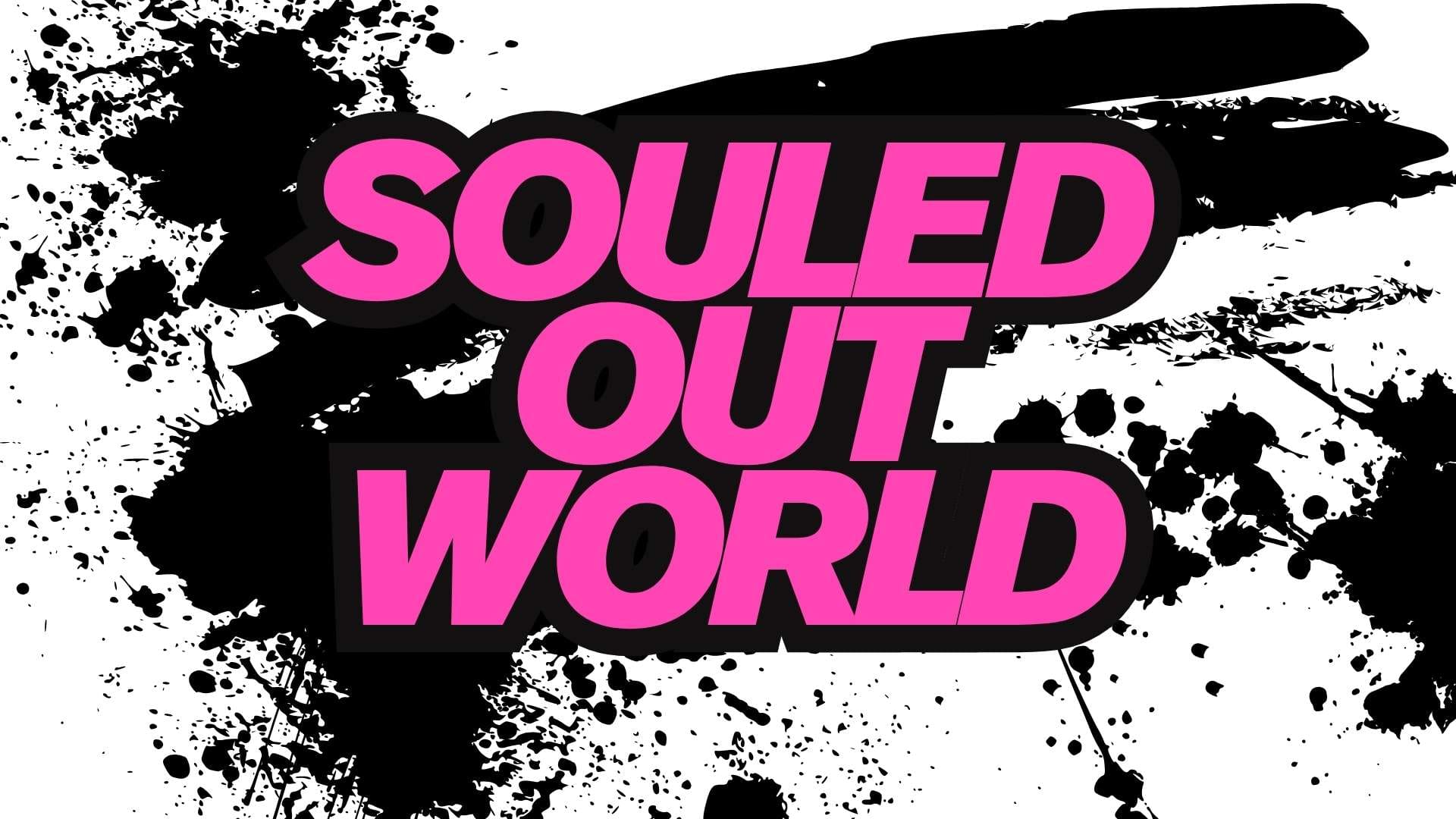
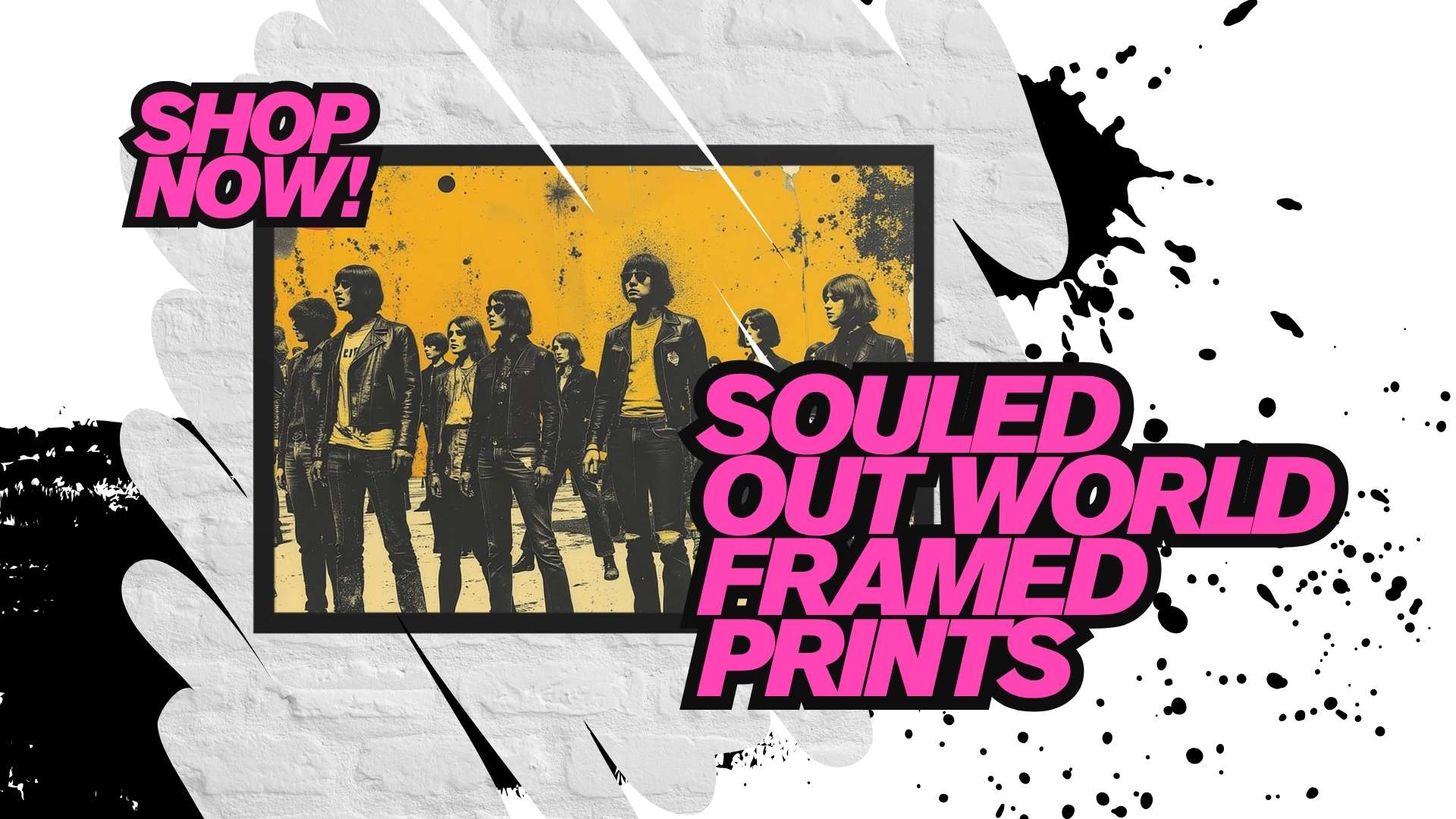




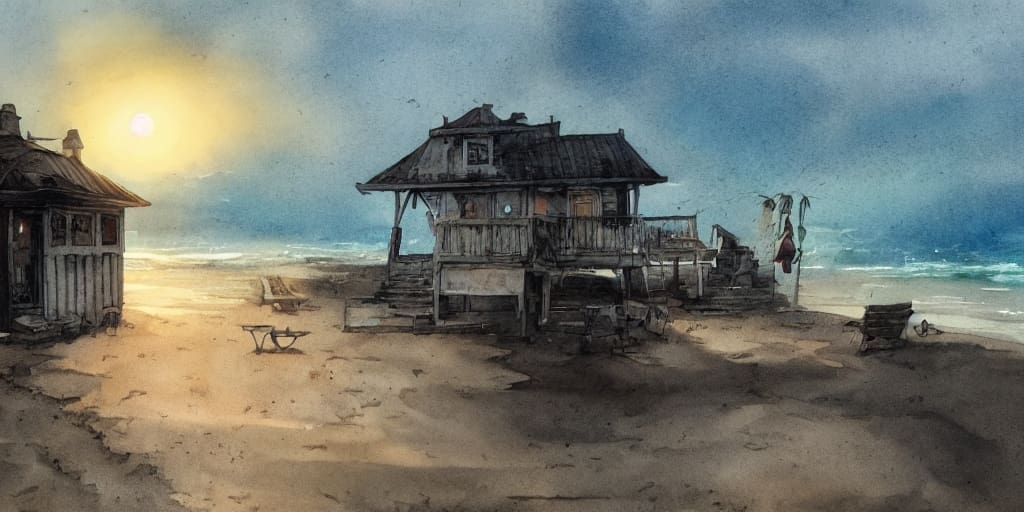
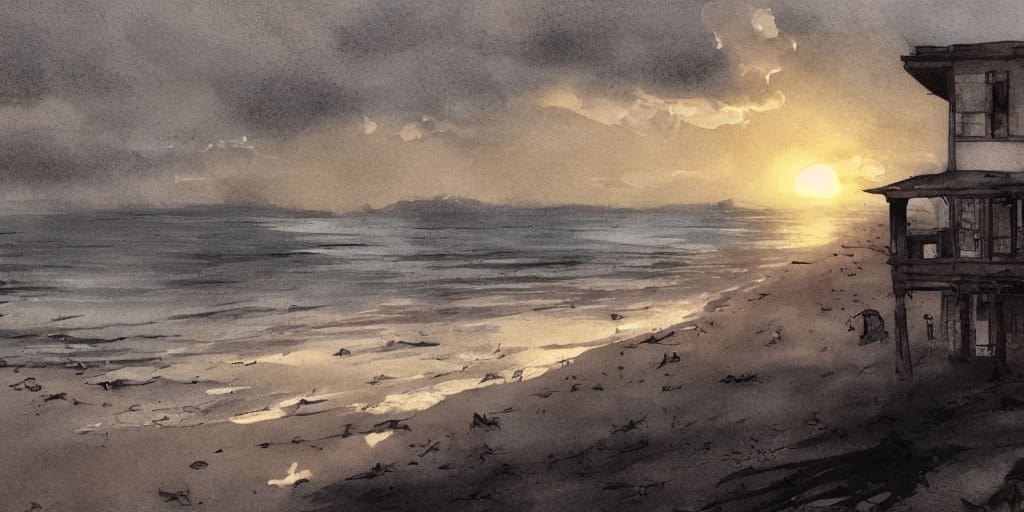

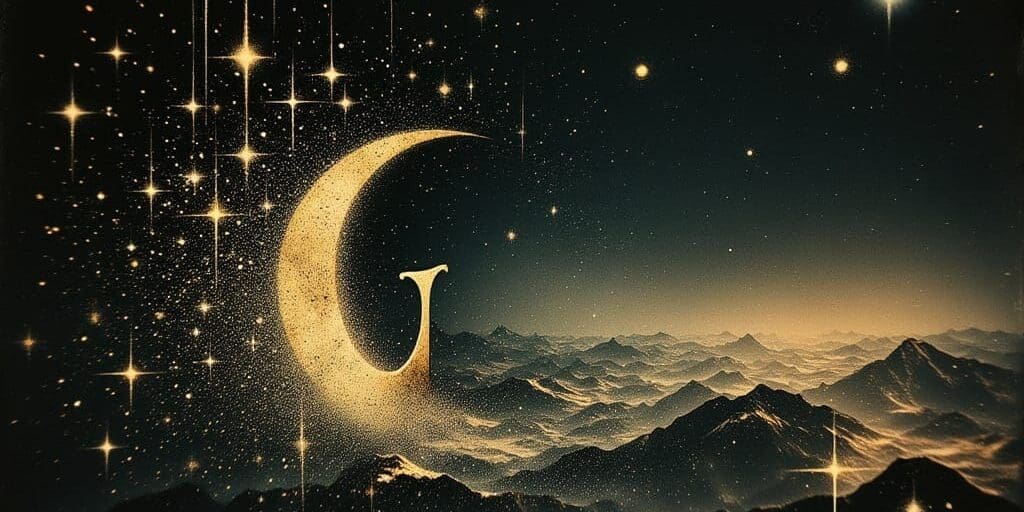
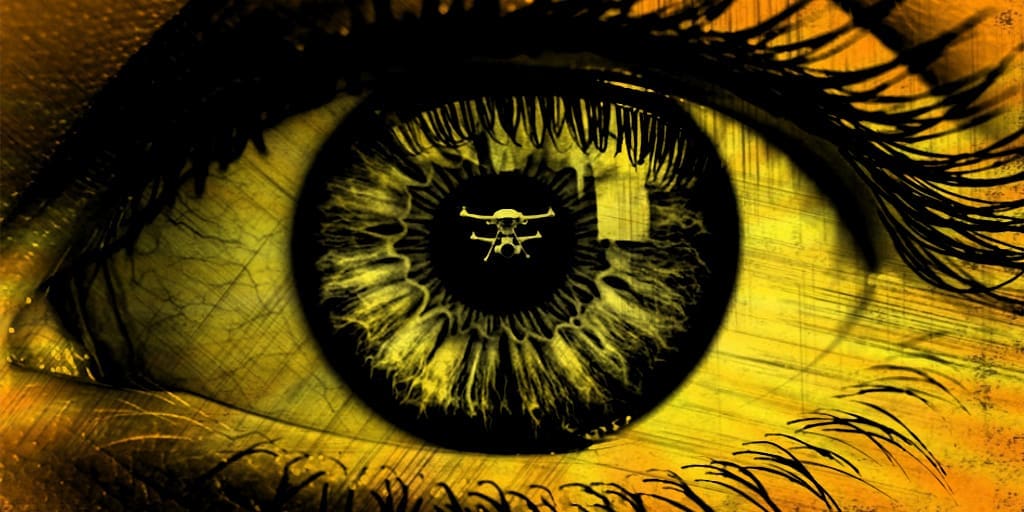
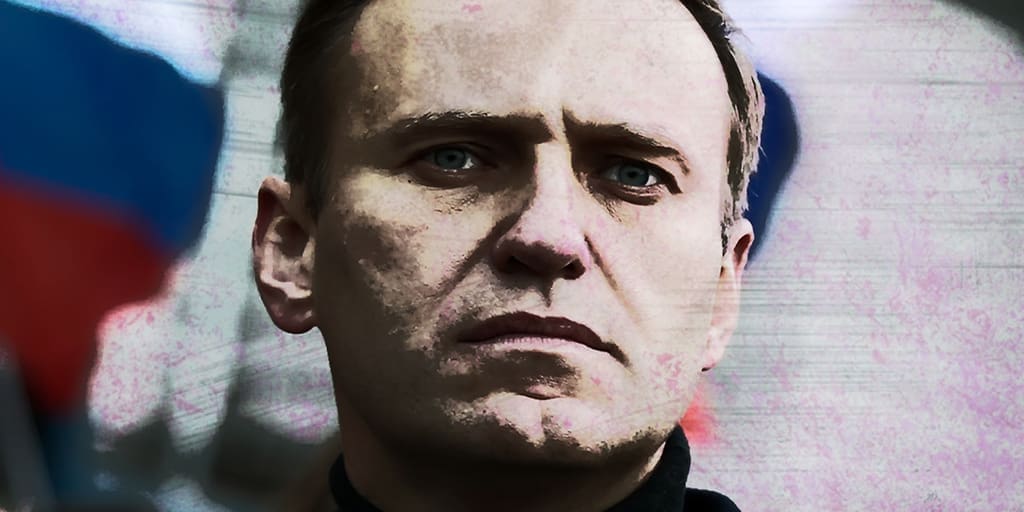
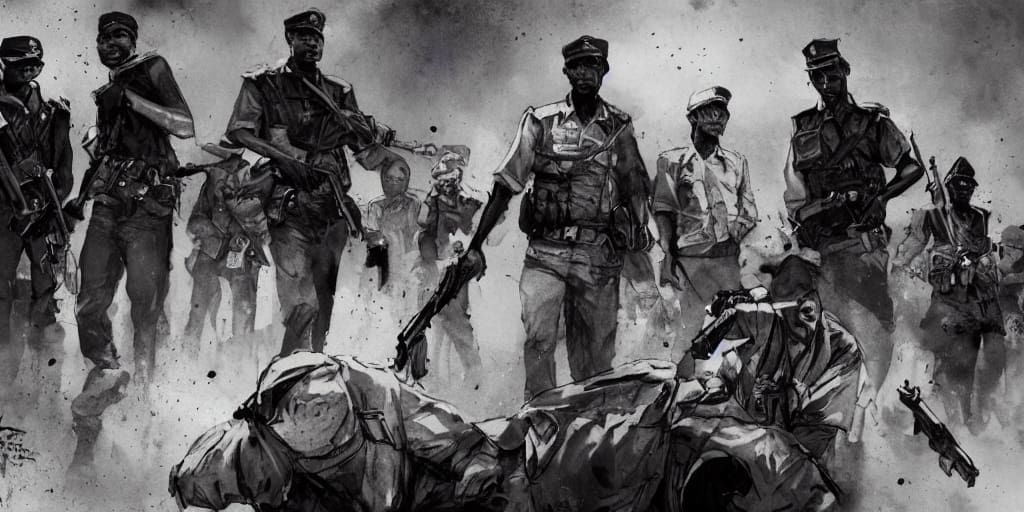
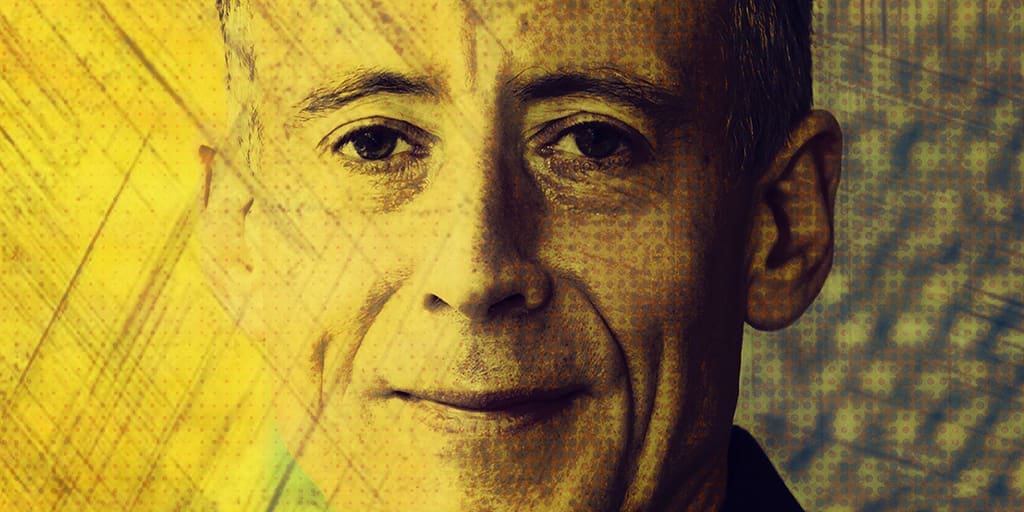

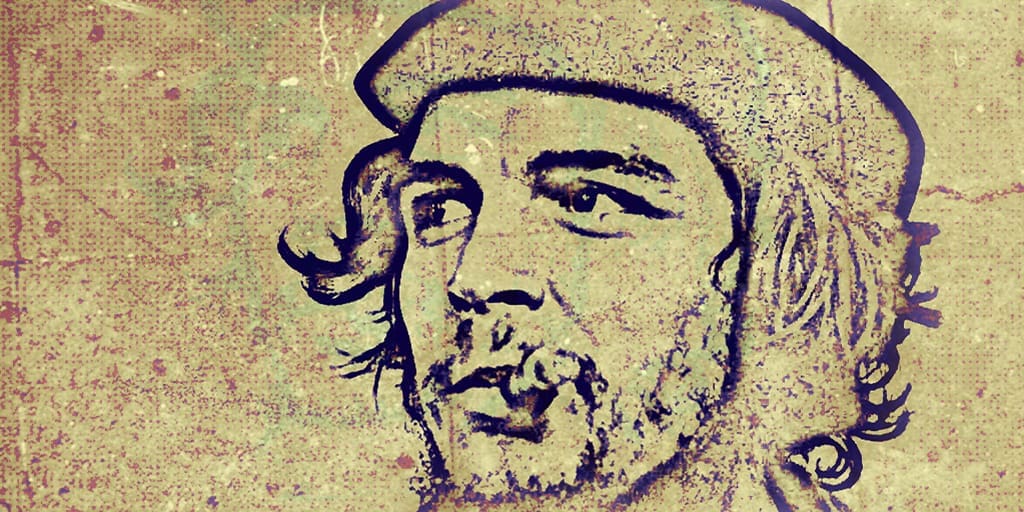


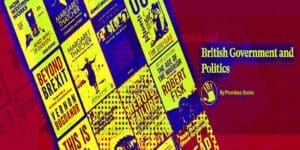
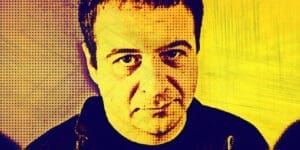

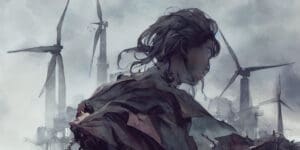
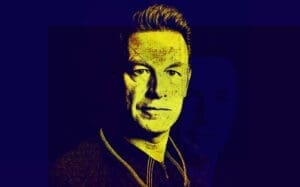
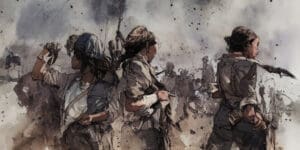






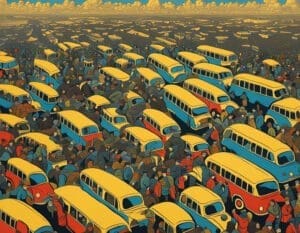


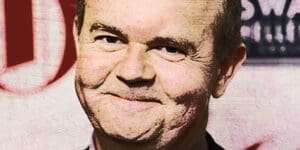
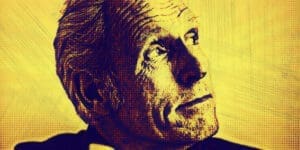

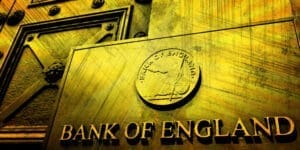
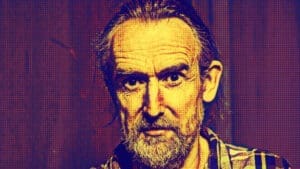
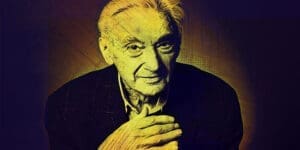

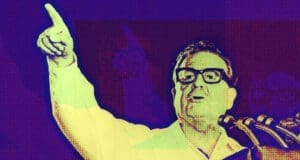
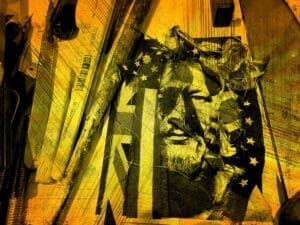
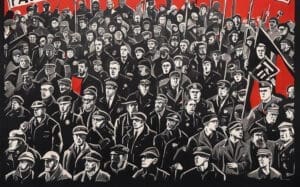
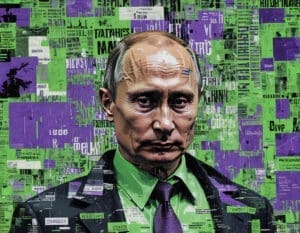
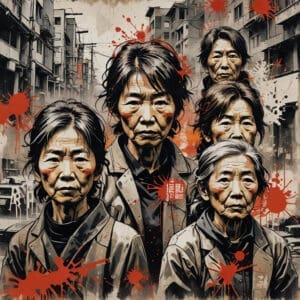
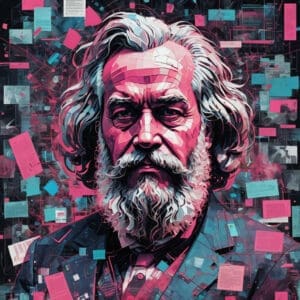
What do you think?